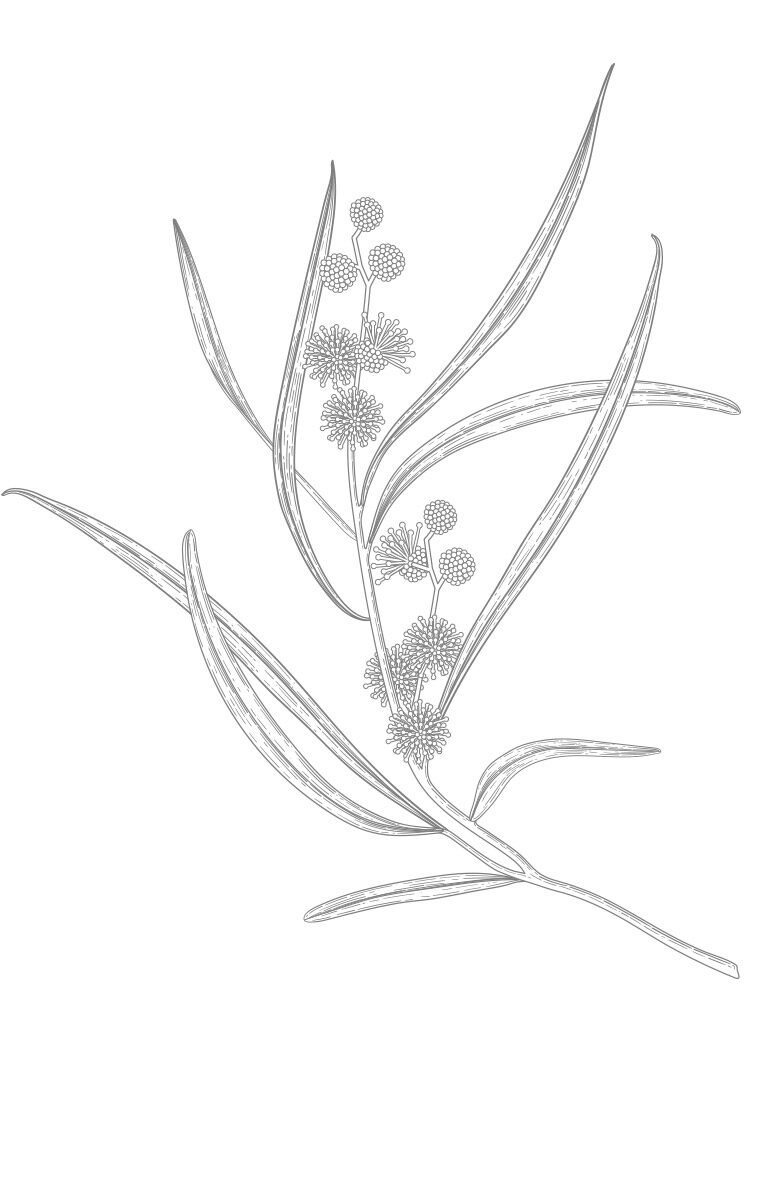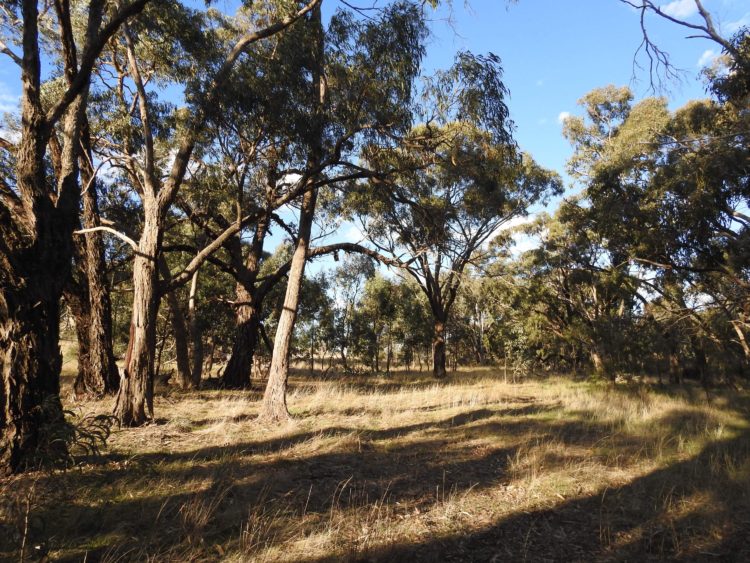Protecting Squirrel Gliders on Longwood Plains

Landholders near Euroa are doing their bit to ensure the threatened Squirrel Glider doesn’t disappear from the area.
On the Longwood Plains the species clings to survival along roadsides, creek lines and patches of native vegetation on private property.
Trust for Nature’s Bertram Lobert said the Longwood Plains’ original woodland vegetation has been substantially cleared and highly fragmented, due to almost 200 years of clearing and farming.
He said, “The gliders depend on old trees which have hollows in them and on connections, like treed roadsides, across the landscape. Fortunately there’s been good interest from local landholders who want to provide homes for gliders so we’re working with them to improve and build habitat.”
The gliders are difficult to find because they don’t have bright eye-shine (for nocturnal detection), they don’t vocalise (like the Sugar Glider does), and their body colouration camouflages them in the tree canopy.
With the help of thermal imaging technology Trust for Nature has detected Squirrel Gliders on three Longwood Plains properties that have conservation covenants on them and with support from the Urquhart Charitable Fund, 80 nest boxes have been installed where they will be most useful.
Conservation covenants are voluntary agreements on property titles that enable private landowners to protect nature forever, even after the property changes hands.
Bertram said, “The work that these landholders are doing is great and its efforts like theirs that could very well ensure that we don’t lose Squirrel Gliders from this area.”
Local landholder and farmer Paul Dettmann has spent the last three years improving his 60 ha property for the benefit of local plants and animals, including the Squirrel Glider.
He bought his first property in 2008 to protect it with a conservation covenant and has since established about 40 covenants on properties across Victoria, making him one of Trust for Nature’s largest covenantors.
He said, “I think we need to understand and integrate farming and conservation more.
“Farmers are the biggest land managers and rather than there being a tension between agriculture and conservation, we need to find synergy.”
You can visit Paul’s property and find out more about protecting Squirrel Gliders at a field day as part of Trust for Nature’s Spring into Nature program on Saturday, October 19 in Locksley. See our events page for more information.

